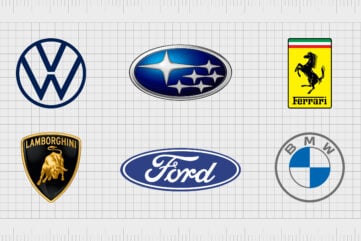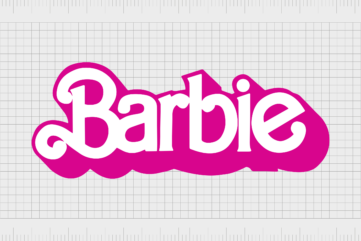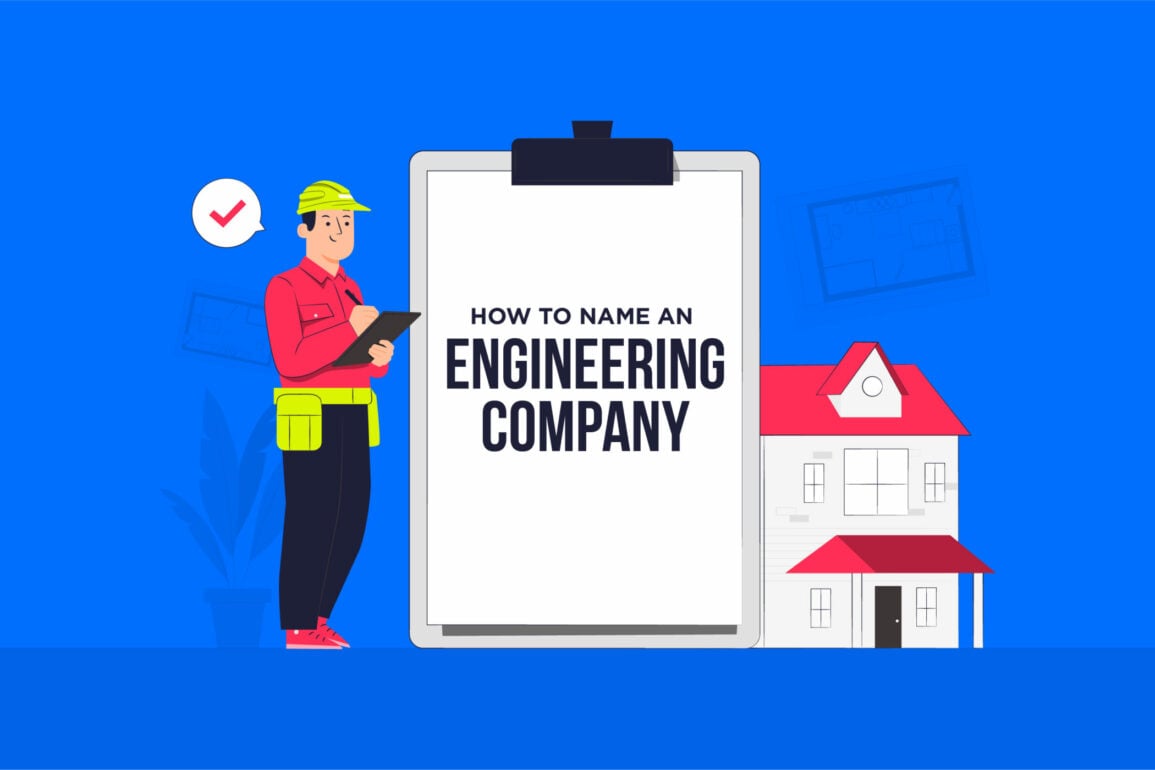Founder business names: The pros and cons of using founder company names

Are founder company names beneficial to a business? When you’re struggling to find the ideal title for your organization, naming it after yourself might seem like a great idea. After all, you’re the person behind the entity, and it’s your vision and values going into the brand.
On the one hand, an eponymous or founder company name can have a lot of value. It’s a great way to simplify the naming process, choose a name likely to be unique in your industry, and connect with your audience on a human level.
On the other hand, a founder brand name doesn’t tell your audience much about what your business does, or what it stands for.
Founder business names are just like any other naming solution. There are pros and cons to consider which can make this strategy more beneficial for some organizations than others.
The key to success is thinking carefully about your naming strategy and deciding exactly what you want to convey with the moniker you choose.
Today, we’re going to look at some of the pros and cons of founder brand names, to help you decide whether this option may be right for your business.
What is a founder business name? An introduction
Let’s start by defining founder company names. A founder business name, sometimes referred to as an eponymous name, is a title for your organization based on the name of its creator.
Founder names are an alternative approach to naming your organization to some of the more popular options like descriptive or invented names.
Descriptive names tell your audience exactly what your business has to offer. Invented names often aim to have an emotional impact by conveying meaning through specific sounds.
Founder names are neither descriptive nor creative.
There are a few ways to approach the art of naming a company after yourself.
Some business leaders decide to use their last name as a standalone title, like Ford or Kellogg’s. However, it’s also possible to experiment a little with your name to create a slightly more inventive term.
For instance, the name “Adidas” is a combination of the first letters from Adolph Dassler’s surname, and his nickname “Adi”.
Founder business names are often met with some controversy in naming circles. Some experts believe these titles have phenomenal potential.
For example, A paper produced in 2017 by the University of Oklahoma suggests people who use their own name for their business achieve a 3% higher return on investment.
This could have something to do with the human element in a founder name. People in today’s world want to buy products and services from another person, not a faceless corporation.
However, an alternative paper from the Duke Fuqua school of business suggests founder names are actually quite problematic for brands. According to this report, founder-named companies are up to 8% less valuable than their counterparts.
So, is a founder company name actually a good idea or not?
What are the pros of founder company names?
There are various environments where founder company names seem to perform well. If you look at the “professional services” industry, you’ll see a sizeable number of organizations named after their creator.
This is usually because service providers, like accountants and realtors, want to make an emotional connection with their audience, and form a rapid person-to-person relationship.
A founder name is a good way to remind your customers they’re going to be working with real human beings. In industries where personal connections are crucial, such as the service landscape, they can help to form a foundation of trust and affinity.
While founder business names won’t work for every organization, they do have distinct benefits in the right circumstances, such as:
Simplicity
Coming up with a creative title for your company from scratch is difficult. Naming your company after yourself eliminates this challenge, and makes it easy to launch your organization quickly, with minimal need for branding research.
You can more rapidly bring your venture into the market.
Humanity
As mentioned above, one of the best selling points of a founder company name, is its human element. It reminds your customers they’re working with a real person.
If you have a strong personal brand as a founder, this can also help to infuse your business with a sense of credibility and trustworthiness, crucial for gaining customers.
Affinity
People are more likely to form long-standing relationships with other human beings. A founder company name is a good way to set your business apart from other organizations, by identifying the “people” in your group, rather than creating a corporate entity.
The title can make you seem more approachable and pave the way for affinity.
Differentiation
Usually, it’s quite unlikely two founders will have the exact same name in the business world, so you should be able to differentiate your brand using this strategy. Just make sure you do your research if you know you have a relatively commonplace name.

Why you should use a founder business name
Like any business naming strategy, a founder name will work better for some organizations than others. If you’re trying to build a human connection with your audience, and you’re happy to become the face of your organization, a founder company name could be a good choice.
Generally, a founder business name is a good idea if you know you’re going to be the core identity behind your company. You’ll need to be willing to work extensively on your personal brand, proving your trustworthiness and thought leadership to consumers with a strong online and offline presence.
This could mean you even speak at events and take time to build your network.
It’s also a good idea to consider a founder company name if you know you’re going to be spending a lot of time connecting with customers and shareholders. A solo entrepreneur might choose an eponymous name to remind their customers who they’re working with.
Founder business names rely heavily on emotional human connections. If you know your customers are going to be more interested in the people, they’re working with than the specific product or service you’re selling, consider an eponymous name.
What are the cons of a founder company name?
As mentioned above, founder company names might work well in some organizations, but they have some significant downsides to consider too. Martha Stewart, a leading entrepreneur in the cooking world, once hosted a panel exploring the dangers of eponymous naming.
While a founder business name will give your business a human touch, it can also detract from the values and unique benefits of your organization. A founder title doesn’t tell your customers anything about what your business specifically offers.
It can also send the wrong message if you’re not going to be the person consistently working alongside customers and clients.
Some of the biggest downsides of founder business names include:
Reputation management
As noted previously, you’ll need to invest a lot of time into ensuring your own personal brand remains strong as the head of a founder-named company. Any issues with your own identity or reputation will immediately damage your organization’s reputation too.
This means you’ll need to constantly be aware of how you present yourself.
Scalability
With a founder business name, most people will immediately assume they’re going to be working with a specific person. If you want to run your organization but not work within it, this could cause problems.
You’ll need to think about how you can ensure your customers will also trust and value your colleagues and coworkers.
Lack of insight
A founder business name rarely provides a lot of information about your business and its values, at least until you’ve invested significantly in your personal branding. This could mean you don’t automatically attract the right audience.
You’ll need to ensure you invest a lot of time and effort into marketing your company.
Differentiation
While a unique name can help to differentiate you from your competitors in the business world, some people have more common names. If you have a name like “John Smith”, you may have a much harder time owning your business identity.
Make sure you do your research to ensure your name isn’t already taken.
It’s also worth noting you might consider changing your name at some point in the future, which could mean it loses its meaning for your organization.
Why you shouldn’t use a founder business name
Founder company names place a lot of pressure on the business owner. You’ll need to ensure you’re consistently building your company’s brand identity, while working on your personal brand at the same time.
This can be an expensive and stressful endeavor, particularly if you’re not much of an outgoing person, willing to be present at every industry event.
A founder name also doesn’t convey a lot of creativity. These titles are sometimes considered too simplistic or basic in the eyes of consumers. There’s nothing to help your audience associate your business with a specific idea until they get to know you, and your values.
In most cases, it’s best to avoid a founder business name when you don’t want to be the full face of your organization. If you want to make sure your team can grow easily, and you can even merge your company with other organizations in future, an eponymous name is rarely a good choice.
It’s also a good idea to think carefully about what your customers are actually looking for when they’re searching for a business in your industry.
If your consumers are going to be more interested in the values of your product or service than the “human experience”, you may want to consider a descriptive or evocative name instead.
Famous founder brand names for inspiration
Although founder brand names certainly have various pros and cons to consider, it’s worth noting there have been some excellent and successful examples of companies using these titles in the past.
If you’re wondering whether you should be using your own name as the title for your business, it might be worth looking at some examples of successful brands using this strategy.
Here are some famous founder brand names for inspiration…
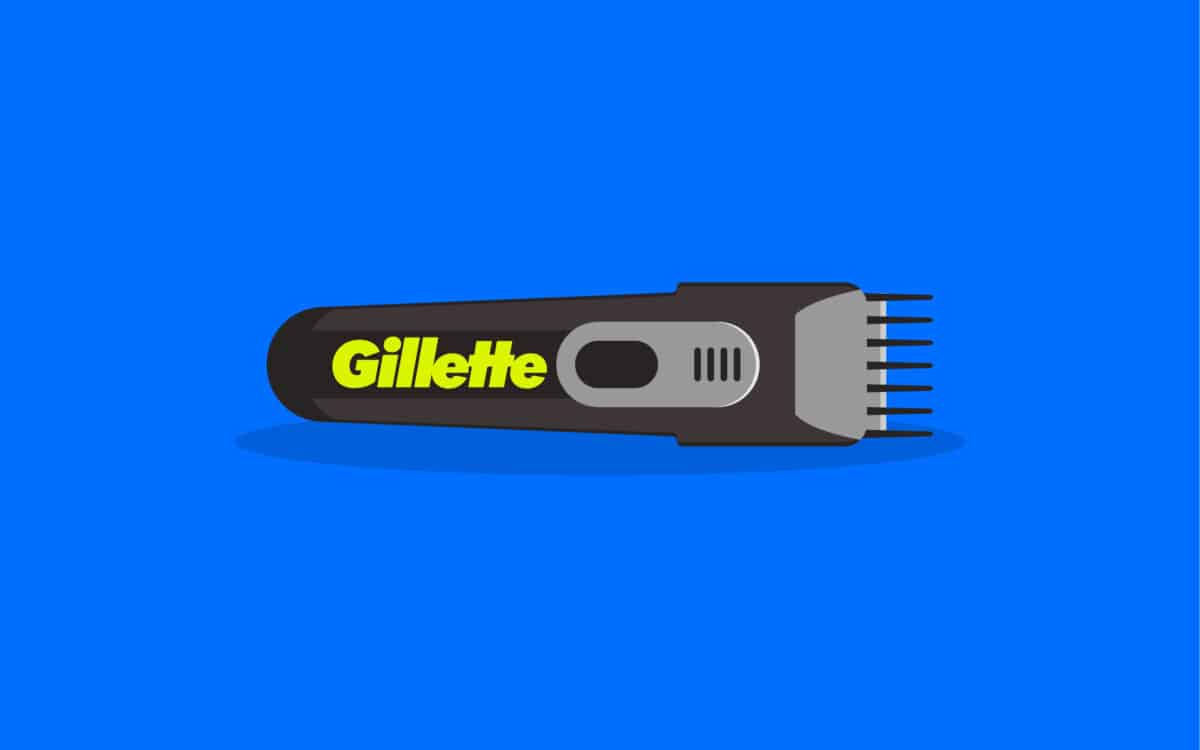
1. Gillette
Easily one of the best-known personal grooming and shaving businesses in the world, Gillette is an American company first founded in 1901. When the organization was first launched, using your own name as the title for a business was relatively commonplace.
Gillette was named by founder King C Gillette. Today, the company has changed hands a number of times, and currently belongs to the Procter & Gamble corporation. The careful branding of the organization allowed the name to take on a meaning of its own, separate to the founder.

2. Nestlé
Nestlé is another well-known company most consumers are familiar with today. The Swiss multinational food and drink corporation was first launched in 1866. Like Gillette, it was named at a time when coming up with complex and invented business names was less common.
Nestlé was founded by Henri Nestlé, and although the organization has built its own identity separate to the founder over the years, it still maintains some references to its origins. Even the logo for Nestlé is based on the founder’s original crest.
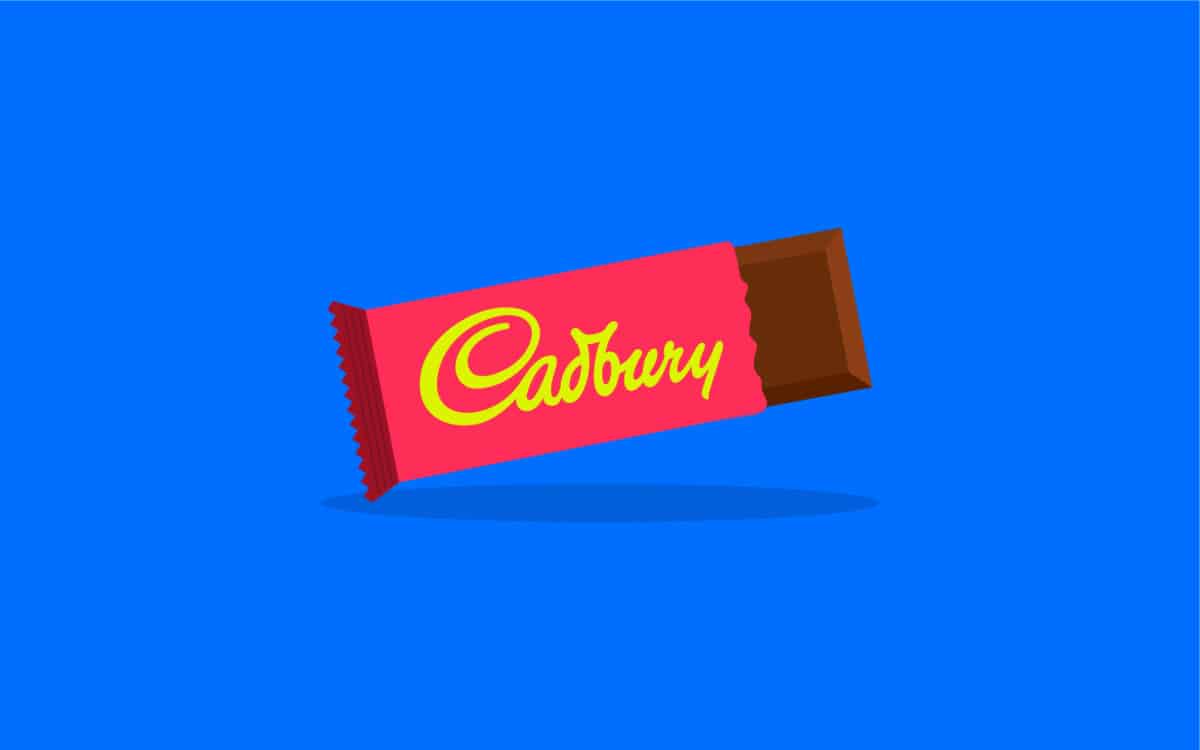
3. Cadbury
A leading chocolate and confectionary company launched in 1824, Cadbury is one of the longest-standing businesses in the United Kingdom. The company is currently owned by Mondelez International (formerly Kraft Foods).
Like many of the organizations of the day, Cadbury was named after creator John Cadbury. Thanks to the unique nature of the name, Cadbury had little trouble distinguishing itself from the original owner, which has allowed it to maintain a strong brand identity over the years.

4. Ford
Easily one of the most famous automotive companies of all time, Ford was first launched in 1903. The organization is recognized all over the world today thanks to its innovative technology and contribution to the motoring landscape.
Many aspects of Ford’s identity relate back to the original founder, Henry Ford, including the company’s logo. The wordmark in the Ford emblem is said to be based on the signature for the world-leading automotive inventor.

5. Walgreens
Walgreens is an American company best-known for its huge selection of supermarket stores, and the second largest pharmacy chain operating in the United States. The company, like a handful of major brands over the years, started off as a small store, owned by Charles Walgreen.
In the initial years of its implementation, Walgreens’ founder-based title likely helped the company to attract local consumers looking for a human-focused experience. Today, the Walgreens name has taken on a life and identity of its own, thanks to fantastic branding.
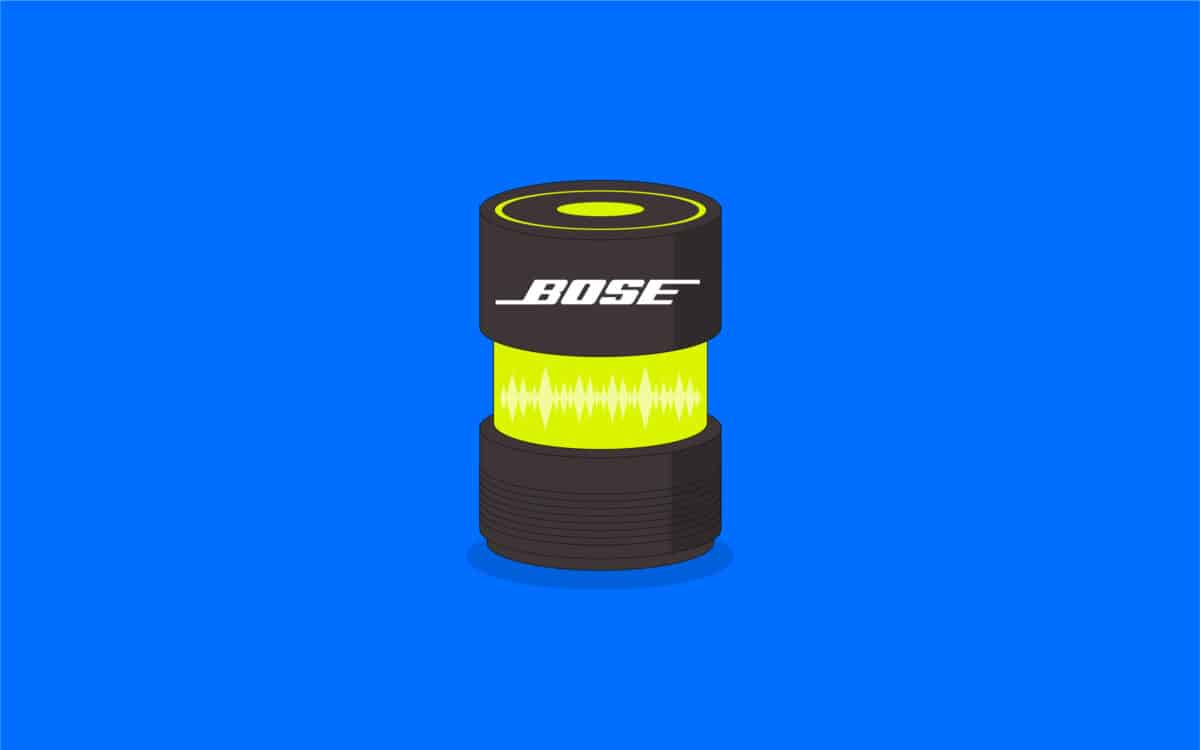
6. Bose
Another excellent example of one of the top founder company names, Bose is named after Amar Bose, and launched in 1964. The decision to name the organization after the founder was likely to help draw attention to Amar Bose’s incredible technology and inventing skills.
Though Bose is rarely associated with its founder today, the company has quickly become one of the most well-known audio brands in the world, thanks to a modern and engaging branding strategy.
Today, Bose has around 7,000 employees worldwide.

7. Edward Jones
Created in 1922, Edward Jones Investments is a financial services firm located in the United States. This company is an excellent example of how many founders use their own name to create a sense of trust with their target audience.
Edward Jones named his company after himself as a way to connect with his customers on a human level. Of course, over the years, Jones became less involved in working with clients directly.
Today, the company has 49,000 employees throughout the United States.

8. Hoover
An appliance-focused company created in 1908, Hoover is best-known for selling vacuum products. Today, the name “Hoover” has become so connected to the vacuum world, many people refer to their home cleaning products as “hoovers” instead of vacuums.
The company was named after William Henry Hoover, who was best-known for creating the technology required to design the vacuums we know today. Hoover even received multiple patents for his designs over the years, helping to establish his personal brand.

9. Dr. Martens
If you’re a fan of footwear, you’re probably familiar with Dr. Martens, or Doc Martens. The company, launched in 1947, was named after Dr. Klaus Martens, who was responsible for creating the unique technology used in his comfort-focused boots.
The name “Dr. Martens” is actually quite an effective one for a shoe company, as the “doctor” title helps to create a sense of credibility and trustworthiness, perfect for consumers in search of solutions to their aching feet.

10. Kellogg’s
The Kellogg Company is a multinational food company first launched in 1906. Although it started life with a different name “Battle Creek Toasted Corn Flake Company”, the organization quickly changed its title to focus on the name of its founder.
Kellogg’s was created by Keith Kellogg, known for his excellent innovations in the food development world. The name Kellogg’s gave the business a more human identity, ideal for connecting with customers in search of delicious, trustworthy foods.
Should you consider a founder company name?
Founder company names are an interesting alternative to some of the other common naming opportunities for businesses today.
Neither a descriptive title, nor an invented or abstract term, founder company names attempt to evoke meaning and emotional connections by focusing on the human side of the business.
With a founder company name, you can potentially convert more customers through emotional, human interactions, and build a more empathetic identity for your brand.
However, you’ll need to focus heavily on developing your personal brand, so you can ensure you’re making the right impact on your audience.
There’s also a risk your title will lose some of its meaning if you decide to take a backseat in running your business. Many customers do expect to interact with the founder in some way when choosing a company with a founder-based name.
Perhaps the best way to ensure you’re getting the right results from a founder business name, just like with any other company title, is to do your research.
Work with a professional to ensure you’re doing your due diligence before choosing any moniker, and ensure your name properly represents your business.
Fabrik: A naming agency for our times.

We’ve made our name famous by naming other businesses.
Get in touch if you have a company, product, or service that requires a unique name. Click below, and let’s start a conversation today!
Now read these:
—Types of brand names, the ultimate guide
—An in-depth guide to descriptive brand names
—The pros and cons of abstract brand names
—When to use an evocative brand name
—Your guide to invented company names
—Is a lexical brand name right for your business?
—An insight into acronymic business names
—Putting geographic brand names on the map
—Definitive guide to compound brand names
—Exploring the trend for modern brands names
—Is a playful business name right for you?
—Adding up alphanumeric company names
—Why are metaphorical brand names popular?
—Weighing up technical company names
—Getting to grips with historical brand names









